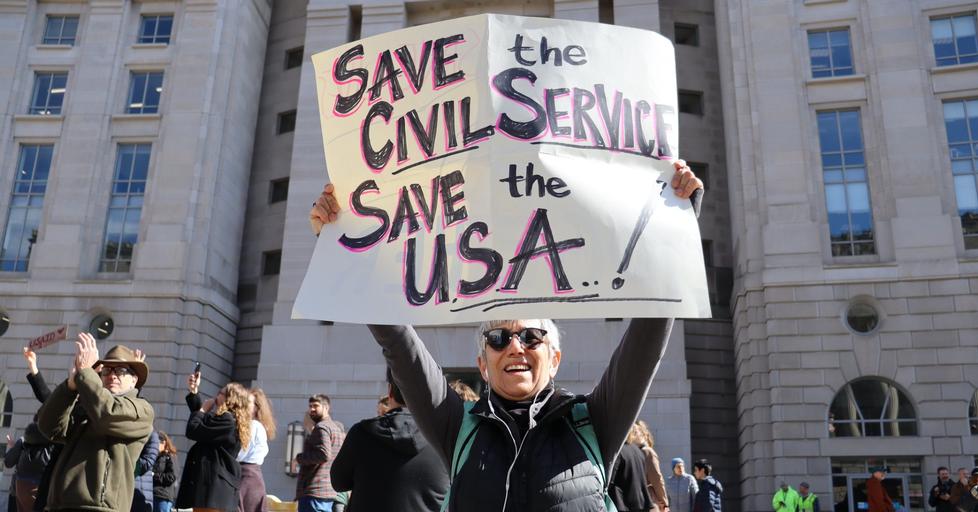On October 9, two days after the Hamas attack on Israel, actress and film producer Jamie Lee Curtis took to Instagram.
She posted a photo of Gazan children looking up at missiles flying through the sky, captioned “Terror from the skies.” The graphic included an Israeli flag, making it look like the children in the image were Israeli. Curtis soon took down the post.
On October 11, Justin Bieber posted a photo of a destroyed city captioned “Praying for Israel.” It was actually a photo of the Gaza strip. He quickly removed the post as well.
We don’t give celebrities fame because of their political awareness. There is no need to pressure public figures into posting statements about world conflicts; in fact, there is harm in doing so.
Curtis and Bieber, who rushed to post with a clear lack of research or understanding, are examples of a larger phenomenon of social media users pressuring celebrities and influencers to speak out about issues in the news. This phenomenon blew up around May of 2020, when the Black Lives Matter movement was at its peak.
Natasha Fischer, for example, posts Trader Joe’s items and shopping trips to her 1.9 million Instagram followers under “@traderjoeslist.” In May 2020, she received thousands of angry comments from fans over her failure to post in support of Black Lives Matter. In response, she soon posted links to resources about the movement with the tag “#AllLivesMatter,” which caused a bigger backlash. She later issued an apology after understanding what the tag meant.
The pressure for social media influencers to address every issue in the news is irrational and unproductive. As Los Angeles Times culture columnist Mary McNamara put it, “The celebrities, because they’re celebrities, become the news, feeding the fury while offering at best no new information and at worst disinformation.” In the wake of the complex conflict that is Israel-Hamas, pressuring anyone at all to speak up is dangerous.
On October 11, the Israeli Defense Forces’ verified Instagram account posted a graphic, “You either stand with Israel, or you stand with terrorism.” The message was viewed by hundreds of thousands of users and widely shared. Spreading divisive, potentially oversimplified statements that imply an urge for others to join in becomes increasingly dangerous in today’s context of abundant misinformation about the conflict at hand.
After the initial Hamas attack and Israel’s declaration of war, photos and videos of violence in the region flooded onto social media. Some images were posted by victims on the ground, and some by Hamas. Others, however, actually depicted years-old conflicts in other parts of the world. Some, even, were fictional videos from a video game.
One viral video, depicting a Hamas fighter shooting down an Israeli helicopter, is a clip from the video game Arma 3. Another video, supposedly of an Israeli woman being attacked by Gaza, was taken in Guatemala in 2015. An unverified WhatsApp voice memo shared hundreds of times, claiming to contain insider information about an Israeli invasion plan, was a falsehood.
This misinformation is nothing new, seen in the Russian invasion of Ukraine in 2022 as well. TikTok livestreamers claimed to post footage from the front lines, reposting old videos to get views and donations to fake fundraisers.
The effect of such messaging on social media is dramatic in shaping the views of the public, and has played a role in previous conflicts in the area as well. During the 11-day Israel-Hamas war in 2021, photos of carnage in Gaza “rallied the public to the Palestinian cause,” according to The Washington Post. “When war goes online, the churn of good and bad information is supercharged by the stakes,” wrote Vox technology reporter A.W. Ohlheiser.
Social media algorithms, which cater to users’ specific niche of interests and interactions, promote further polarization of views. In reference to short, reactionary statements that take one side of the conflict, opinion writer Elizabeth Spiers wrote for the New York Times, “This kind of thinking is deeply unserious and further fuels hostilities, warping nuanced positions into extremism and mistaking tweet-length expressions of outrage for brave action in the face of atrocity.”
Pressure on celebrities or peers to post statements that take a stance on the Israel-Hamas conflict, whether direct or implied, is dangerous. Rather than jumping to choose a side, find trustworthy sources of information to constantly digest the incoming news. This way, discussions that further public knowledge, not polarization, can take precedence.









